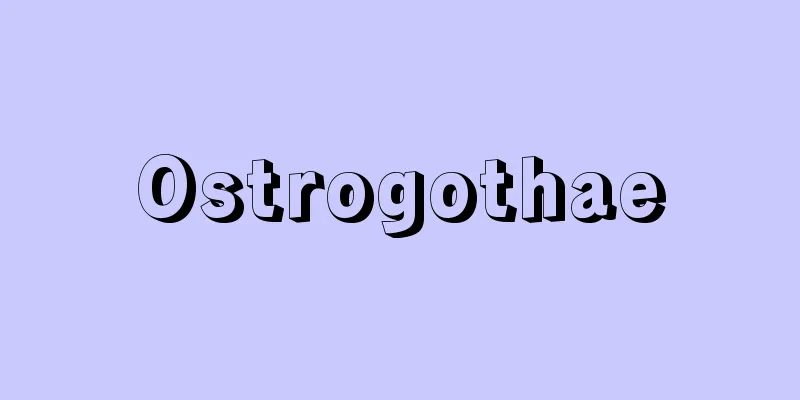Communist Manifesto (English)

|
The first programmatic document of scientific communism. Its first edition was published in London in February 1848, as a pale green German pamphlet of only 23 pages. In addition to the title, the cover also has the words "Proletarians of all countries, unite!" printed in small type. It was written by Marx and Engels as the overt party platform of the Communist League, which was a clandestine international workers' organization in the political situation in Europe at the time. The basic ideas laid out in The Manifesto are that economic production and economic mechanisms form the foundation of politics, that the history of human society is a history of class struggle since the collapse of primitive communism, that in modern times it has become a class struggle between the bourgeoisie and the proletariat, and that the historical mission of the proletariat is not merely to liberate themselves from the domination and oppression of the bourgeoisie, but to eliminate class domination itself from society. The Manifesto is the most famous and most widely distributed socialist document. The current version of The Manifesto includes several prefaces by Marx and Engels (dating from 1872 to 1893), which reflect the achievements of the labor movement since the publication of The Manifesto and serve as an important supplement to the book itself. [Minoru Ando] "The Communist Manifesto by Marx and Engels, translated by Ouchi Hyoe and Mukaizaka Itsuro (Iwanami Bunko)" ▽ "The Communist Manifesto: The Principles of Communism by Marx and Engels, translated by ML Research Institute (Otsuki Shoten, Kokumin Bunko)" Source: Shogakukan Encyclopedia Nipponica About Encyclopedia Nipponica Information | Legend |
|
科学的共産主義の最初の綱領的文書。その初版は1848年2月ロンドンで発行されたが、全文わずか23ページの薄緑色のドイツ語小冊子であった。その表紙には、標題のほか、「万国のプロレタリア団結せよ」が小さな活字で刷ってある。当時のヨーロッパの政治情勢において非公然の国際的労働者組織であった共産主義者同盟の公然たる党綱領として、マルクスとエンゲルスが執筆したもの。『宣言』に展開されている基本的考え方は、経済的生産と経済的仕組みが政治の土台をなすこと、原始共産制の崩壊以後、人間社会の歴史は階級闘争の歴史であること、現代においてそれはブルジョアジーとプロレタリアとの間の階級闘争となっていること、その際プロレタリアの歴史的使命は、単にブルジョアジーの支配と抑圧から自己を解放するにとどまらず、社会から階級支配そのものをなくすことにある、というものである。『宣言』は社会主義文献のなかでもっとも著名で、またもっとも世界的に普及している。現行の『宣言』には、マルクスとエンゲルスのいくつかの序言(1872年から93年にわたる)が加えられているが、これらは『宣言』発表以後の労働運動の成果を反映しており、『宣言』そのものに対する重要な補足という意味をもっている。 [安藤 実] 『マルクス、エンゲルス著、大内兵衛・向坂逸郎訳『共産党宣言』(岩波文庫)』▽『マルクス、エンゲルス著、ML研究所訳『共産党宣言 共産主義の原理』(大月書店・国民文庫)』 出典 小学館 日本大百科全書(ニッポニカ)日本大百科全書(ニッポニカ)について 情報 | 凡例 |
>>: Communist Party (English spelling)
Recommend
Liberal Arts
A general term for general education subjects. Som...
Nakamura Jakuemon
A Kabuki actor. His stage name has been Kyoya for...
giant bamboo
...It can also be propagated by cuttings from the...
Nagasaki Yawagusa
Written by Nishikawa Nyoken. Five volumes. Complet...
Rokkaku-shi
Shugo of Omi Province and a feudal lord during th...
Yrjö Sakari Yrjö‐Koskinen
1830‐1903 Finnish politician and historian. Born i...
Cloudy sign - Doncho
Year of birth: Unknown A Goguryeo monk from the ea...
Devis, A.
…It became popular in many countries in the 18th ...
"Kikugasane Family Mirror" - A form inherited from Kikugasane
...Commonly known as "Okuni no Mistress"...
Ovis orientalis (English spelling)
…[Kaoru Ichijo]. . . From [Mouflon] …[Tadaaki Ima...
"Tripod Head" - Undaihen
…His style of poetry is praised as clear and pure...
Okuyugawara
...Yugawara began to develop rapidly after the op...
poetry
〘Noun〙 (poetry)① Poetry. Poesy. ※Yatabe Ryokichi, ...
Urashima Shrine
…In Ine Bay, there is a unique boathouse with a b...
tamizdat
...After the fall of Khrushchev in 1964, the Poli...









